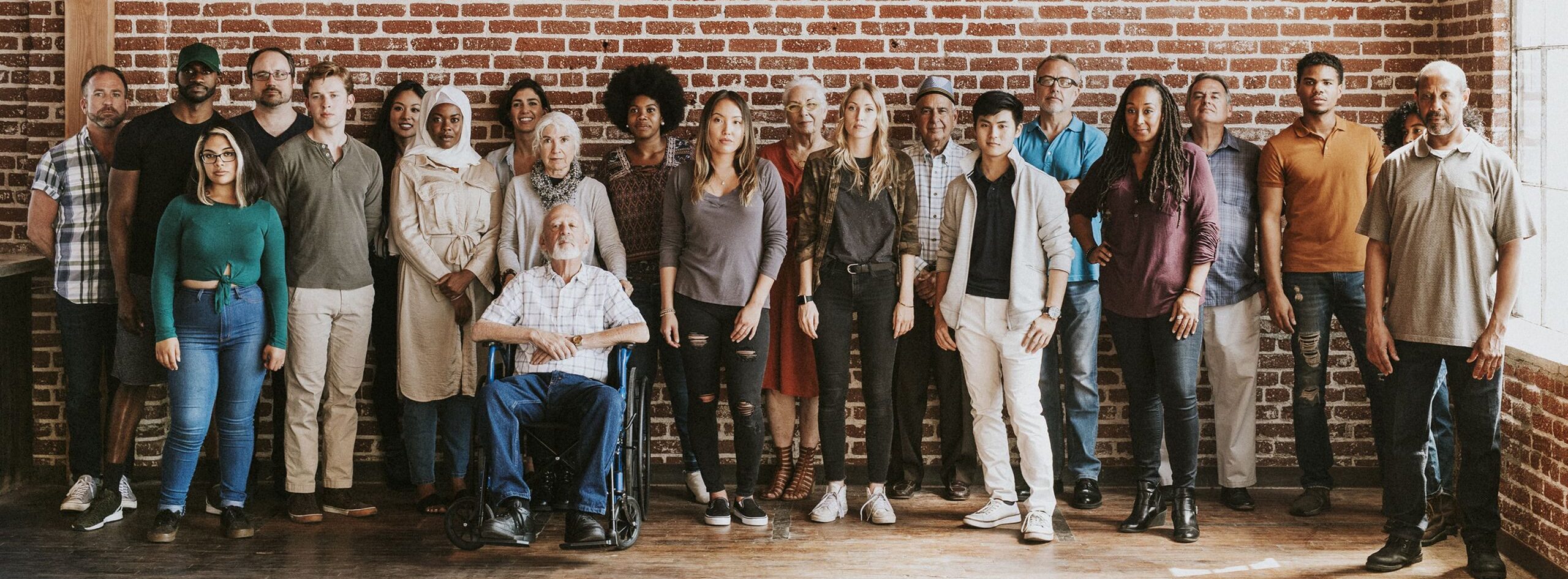


We’re working toward one goal: a country where everyone has a fair shot at wellbeing. That’s our North Star.
We don’t all have a fair shot at wellbeing because racism, sexism, homophobia and additional otherings are baked into our systems and our country. This creates fast tracks to wellbeing for some and dramatically reduces access for others.
The system is rigged and the solution isn’t to create more programs for people harmed by these same unfair systems. The solution is to reimagine these systems to make our country fairer and more equitable for everyone. That means ensuring that the places where we work, live, play and pray tap into people’s universal drive for wellbeing, instead of undermining wellbeing for some and enabling it for others.
That’s what we do.
The Full Frame Initiative is a social change nonprofit working toward a country where everyone has a fair shot at wellbeing—the needs and experiences essential for health and hope. We partner with a growing cohort of pioneering public systems, communities and nonprofits across the country to fundamentally transform the structures and beliefs that perpetuate poverty, violence and oppression. We are bold, mission-focused, creative and committed learners and are willing to use our passion, humor and hope to fuel change.
Focusing on equitable access to wellbeing can support durable change for individuals, systems and communities. Learn about the impact of FFI’s work.
FFI works through partnerships to co-create new possibilities, thinking and solutions. Explore how you can change systems within your organizations and community.
FFI’s work is made possible by the generosity of foundations, corporations and individuals investing in our mission.
FFI is guided by a talented and committed group of leaders. Get to know our staff and fellows.
Learn more about how FFI got its start under the leadership of Katya Fels Smyth.
Learn about The Wellbeing Summit, a gathering of leaders who are turning a fair shot at wellbeing into a reality.
Differences in access to wellbeing create differences in experiences and outcomes, and this perpetuates inequalities. We are working to change this.
”